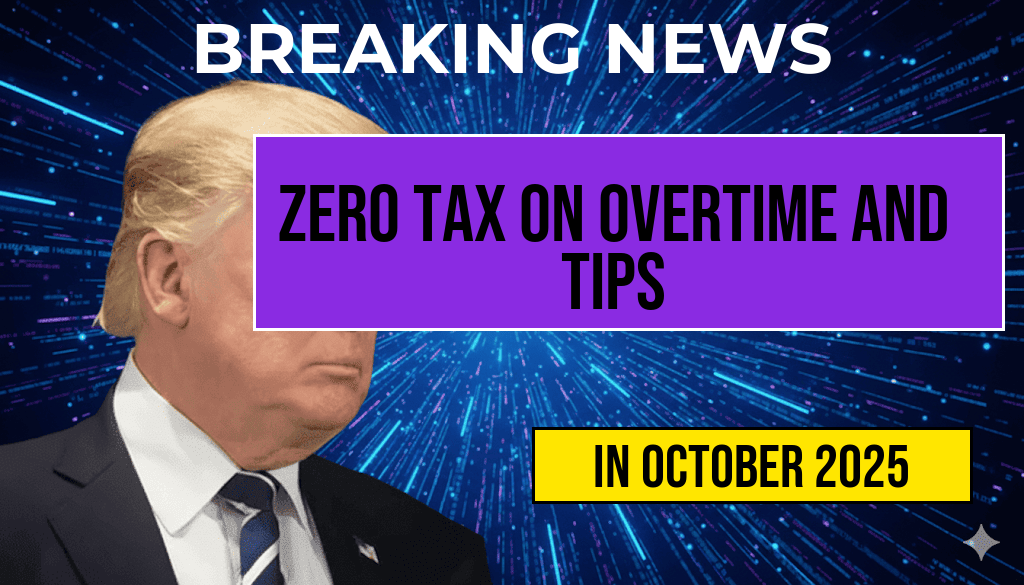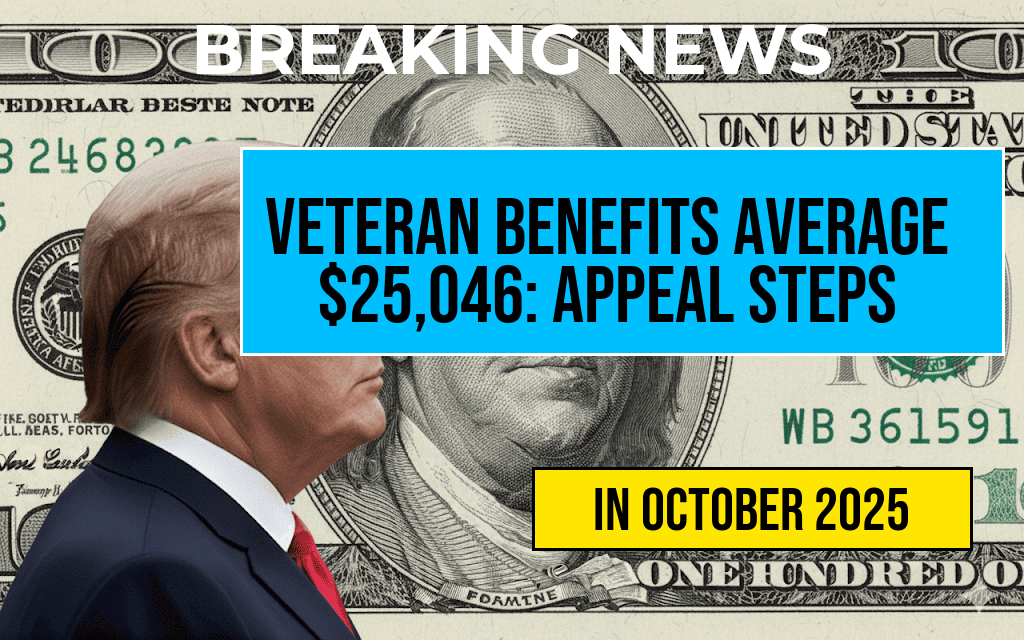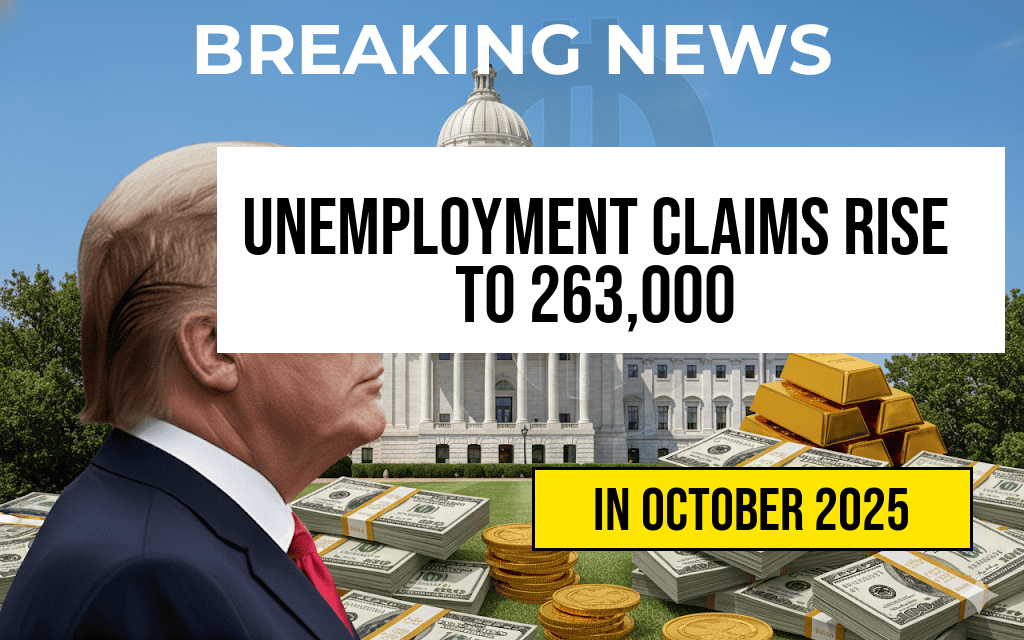A new proposal has emerged in the U.S. Congress aimed at alleviating the tax burden on workers receiving overtime pay and tips. The initiative, dubbed the “Zero Tax on Overtime and Tips” proposal, seeks to provide an early refund to eligible employees, potentially benefiting millions across various sectors. This legislative effort is gaining momentum as lawmakers recognize the financial strain many workers face, especially in the wake of economic challenges exacerbated by the COVID-19 pandemic. If passed, this proposal could reshape how overtime and gratuities are taxed, allowing workers to retain more of their hard-earned income. As the debate unfolds, stakeholders are closely monitoring the potential impacts on the labor market and state revenues.
Understanding the Proposal
The “Zero Tax on Overtime and Tips” proposal aims to eliminate taxes on additional earnings for eligible workers, particularly those in hospitality, retail, and service industries. By focusing on overtime pay and tips, the initiative intends to provide immediate financial relief to employees who often work long hours or rely on gratuities to supplement their income.
Key Features of the Proposal
- Tax Exemption for Overtime Earnings: Workers earning overtime pay would not be taxed on these additional earnings, effectively increasing their take-home pay.
- Tip Income Exemption: Employees receiving tips would also benefit from a tax exemption, allowing them to keep the full amount of their gratuities.
- Refund Mechanism: The proposal includes a mechanism for eligible workers to receive an early tax refund for taxes previously paid on overtime and tips.
Who Will Benefit?
The proposal is expected to benefit a diverse group of employees. According to data from the U.S. Bureau of Labor Statistics, approximately 1.3 million workers earned overtime pay in 2022, while millions more rely on tips as a significant part of their income. The most affected sectors include:
| Sector | Estimated Workers |
|---|---|
| Hospitality | Approximately 2 million |
| Retail | Around 1.5 million |
| Transportation | Over 500,000 |
| Healthcare | Nearly 1 million |
Economic Implications
The potential removal of taxes on overtime and tips could have wide-ranging economic implications. Advocates argue that the proposal will increase disposable income for workers, leading to greater consumer spending. This increase in spending could stimulate local economies, particularly in sectors heavily reliant on service-oriented jobs.
However, critics raise concerns about the potential impact on state revenues. Eliminating taxes on overtime and tips may reduce local government funding, which often relies on these tax revenues for essential services. The debate centers on finding a balance between supporting workers and maintaining fiscal responsibility.
Support and Opposition
The proposal has garnered support from various labor unions and worker advocacy groups, who emphasize the need for financial relief amid rising living costs. Organizations such as the AFL-CIO have endorsed the initiative, arguing it will help workers maintain a better quality of life.
Conversely, some business groups express concern about the long-term feasibility of the proposal. The National Federation of Independent Business (NFIB) has voiced apprehensions about the potential burden on employers, particularly small businesses that may struggle to absorb the impact of increased wages without offsetting costs. The ongoing dialogues between lawmakers and these stakeholders will shape the final outcome of the proposal.
Next Steps for the Proposal
The proposal is currently being reviewed in Congress, with hearings scheduled to address the various concerns and benefits associated with the initiative. Lawmakers are expected to gather input from stakeholders, including workers, businesses, and economists, to inform their decisions. The timeline for a vote remains uncertain, but proponents are advocating for swift action to provide much-needed relief to workers.
As the discussion progresses, the potential for the “Zero Tax on Overtime and Tips” proposal to significantly alter the financial landscape for millions of American workers remains a key topic of interest. The outcome could set a precedent for how labor earnings are taxed in the future, emphasizing the ongoing need for a supportive economic framework that prioritizes the workforce.
Frequently Asked Questions
What is the main proposal discussed in the article?
The article discusses a proposal for zero tax on overtime pay and tips, aimed at providing an early refund to eligible workers.
Who would benefit from the zero tax on overtime and tips?
The proposal primarily benefits workers who earn overtime pay and receive tips, such as those in the hospitality and service industries.
How would this early refund proposal impact workers’ finances?
By eliminating taxes on overtime and tips, workers would see an increase in their take-home pay, which could significantly improve their financial stability.
Are there any potential drawbacks to the zero tax proposal?
Some critics argue that the zero tax proposal might lead to reduced government revenue, which could affect funding for public services.
What actions can workers take to support this proposal?
Workers can advocate for the proposal by contacting their local representatives, participating in community discussions, and raising awareness on social media.








